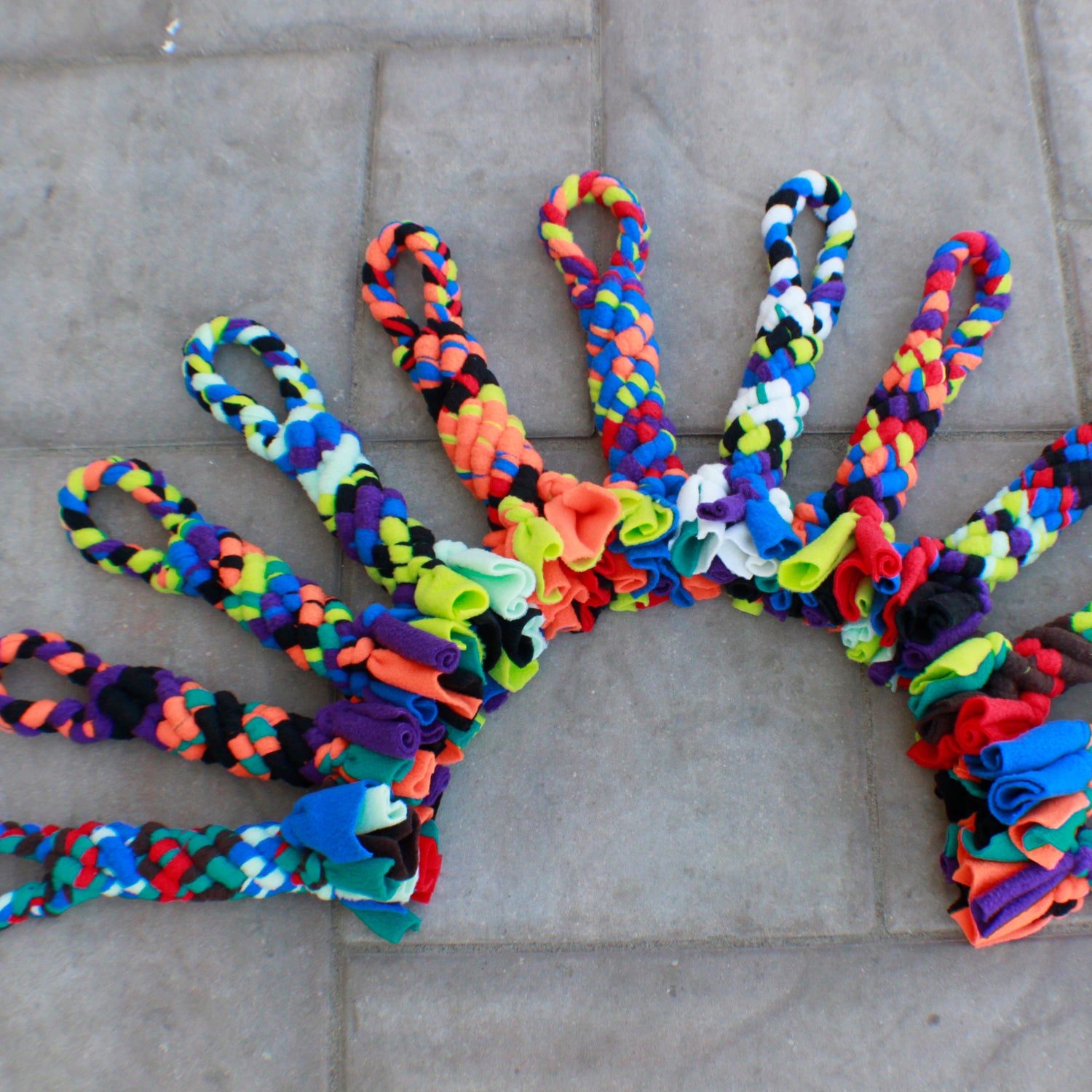Photo: Advanced Veterinary Care (effinghamvets.com)
National Prevent A Litter Month is so important, it reminds us that we must do our part to solve the problem by spaying and neutering our pets.
Overpopulation has become a serious problem, but by spreading awareness we can begin to put an end to this issue. Thousands of dogs and cats don't have a home or family because there aren’t enough pet owners to take them all in. National Prevent a Litter Month reminds us that we must do our part to solve the problem by spaying and neutering our own pets.
Benefits of Spaying and Neutering
1. Spaying and neutering can help behavior issues
While a huge reason for “fixing” an animal is to prevent babies, it can also help your pet with aggressive or primal tendencies. Pets that are spayed or neutered typically spend more time inside, don't act as aggressively towards other animals and don’t “spray” to mark their territory.
2. Spayed and neutered pets live healthier lives
Of course, we want our furry friends to live their best lives. Spaying/neutering can help with that! Pets that have been spayed or neutered are much less likely to develop many diseases such as cancer, urinary infections, and prostate problems.
Alternative Ways to Partake
1. Help spread awareness
While it is important to take care of our own furry family members, countless dogs and cats still need our help. Help spread awareness among other pet owners and professionals by informing others about overpopulation and the benefits of "fixing" pets within your community.
2. Help others by supporting a reduced-cost spay and neuter program.
Donating to your local animal shelter is a great way to celebrate National Prevent a Litter Month! With the end goal being to reduce the number of puppies and kittens in shelters, we can also help by providing recuse/shelters with the funds they need to care for and spay/neuter the puppies and kittens that are admitted each year. If you are feeling even more generous consider adopting a puppy or kitten from a shelter.
3. Help with local Trap-Neuter-Return (TNR) efforts.
Within a TNR program, feral cats are captured in a humane trap, spayed/neutered and vaccinated, then returned unharmed to their original location. Some TNR projects are implemented through nonprofit groups, while others are operated entirely by residents of a community. Be sure to first contact your local animal control office to learn about your community’s laws regarding TNR.



